African Open Data Conference 2017, or #AODC17 for short, was a five-day affair in Accra last week (or up to a week if you included some pre and post arrangements). I was there for two days, Tuesday and Wednesday, mostly because that is what my schedule allowed, but also because those days had the least of high-level dialogue – which is often not very productive – and I was more interested in African Open Data on the ground.
My observations:
1. The field of open data is exploding, the conference was a major to-do with buy in from Ghana’s president and many international organizations as well as several hundred delegates.
2. The networking was out of this world, among the most interesting people I met were academics Umaru Bah, Jeanne Holm, activists from BudgITng and Connected Development, blogger Chioma Agwuegbo, tweeps …students…old friends like Nnenna Nwakanma of World Wide Web Foundation, Nehemiah Attigah of Odekro (links for organizations or linked in profiles), Dorothy Gordon…
3. The individuals involved in Open Data are in much renaissance people, it is programmers-entrepreneurs-governance experts, professors-public servants, accountants-activists, story tellers-national security etc. I felt at home and got inspired to stop forcing expertise and continue on my “wide” career.
4. The base level of what constitute best practices in the open data space is not yet set, exemplified by that Government of Ghana can sponsor such a conference and yet not have passed the rather basic Right to Information bill (I learned at #AODC17 similar have been passed already by Nigeria: Freedom of Information, and Sierra Leone for instance). GovLab‘s “periodic table” (interactive link or see below) of Open Data captures what is needed beautifully. I just have one question: Now how do we go from talk shop to action?
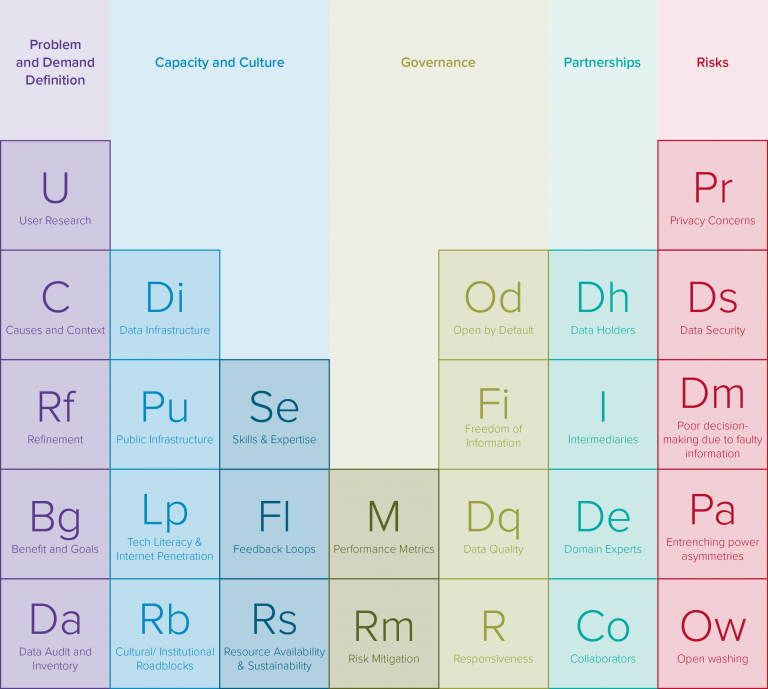
5. The events held about town were a good attempt at integrating the conference objectives with its surroundings, so to speak opening the data of the conference, something often overlooked in conferences.
In all, these were intense days for me, days I feel have impacted my life in a number of important ways both with inspiration, and network. See tweets and next steps/links below.
Tweets from #AODC17
Awkwardly, the International Conference Center in Accra is in darkness this 2ns day of the #AODC17. A stark reminder of our challenges! pic.twitter.com/CZzdGBmLLY
— Kajsa Hallberg Adu (@kajsaha) July 18, 2017
Productive ??cocoa break with @Fkoku and @kwazibruce, solving lack of awareness issues on the constitution and “fake news” #AODC17 pic.twitter.com/4eScMsL4KY
— Kajsa Hallberg Adu (@kajsaha) July 18, 2017
??Next #AODC17, I’m a co-moderator in an innovative education session to be held in ??Meeting Room 1 ??with @TungaMahadia @MorganOpenData pic.twitter.com/0RkhWA1zgJ
— Kajsa Hallberg Adu (@kajsaha) July 19, 2017
Next steps
- read Chambers Umezulike of Connected Development’s more extensive report.
- download and read the African Data Revolution Report 2016 (PDF).
- ponder definitions of Open Data: By Open Knowledge and Wikipedia.
- see the official gallery of photos.
- get inspired by Angels Lab for government meeting tech (in this case Google Apps)
- join the African Open Data Facebook group.
- use Ghana government’s open data.

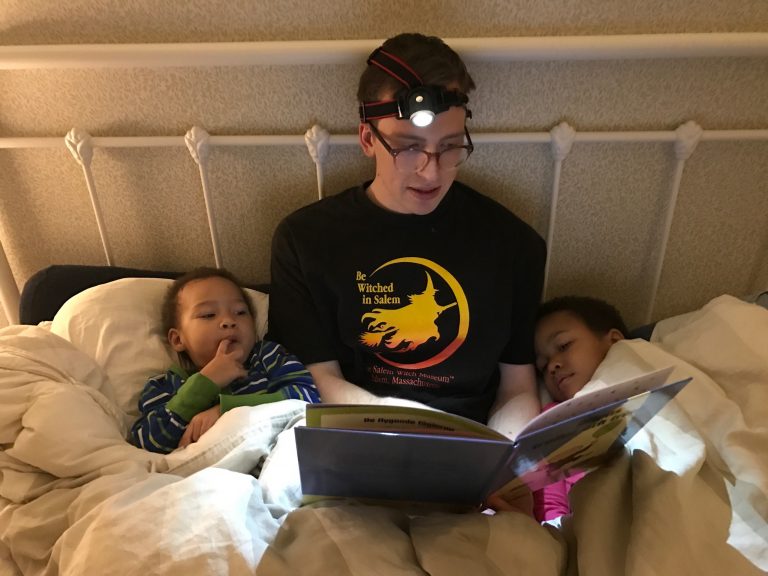
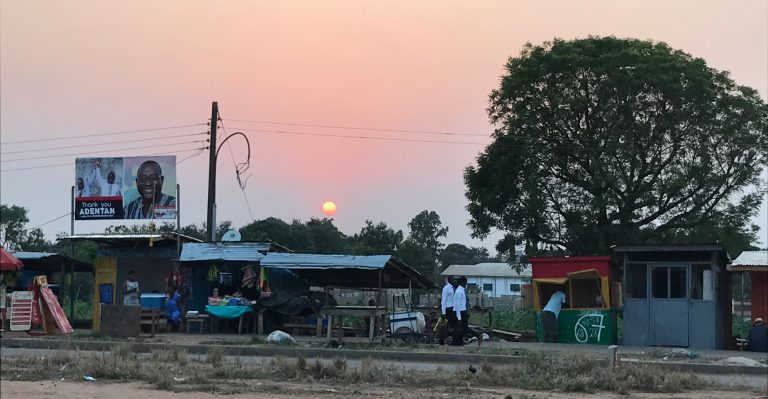 Just before xmas, I was on my way to work and as usual listened to one of my regular Swedish podcasts and heard them discussing if people across the world listened to them. So I wrote a message:
Just before xmas, I was on my way to work and as usual listened to one of my regular Swedish podcasts and heard them discussing if people across the world listened to them. So I wrote a message: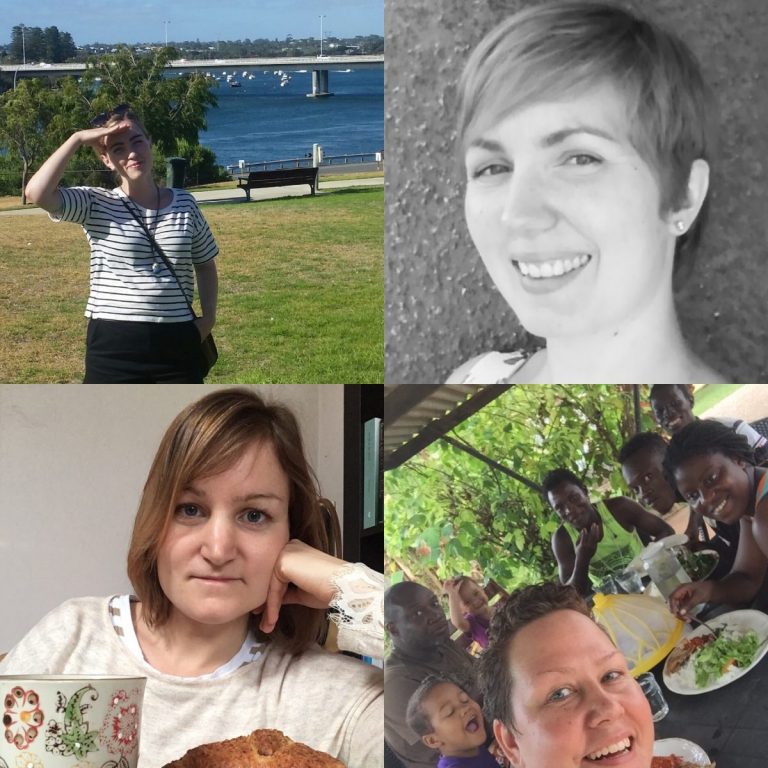 Today, the episode with me and three other listeners Malin, Miriam and Mikaela across the globe (photos above borrowed from
Today, the episode with me and three other listeners Malin, Miriam and Mikaela across the globe (photos above borrowed from 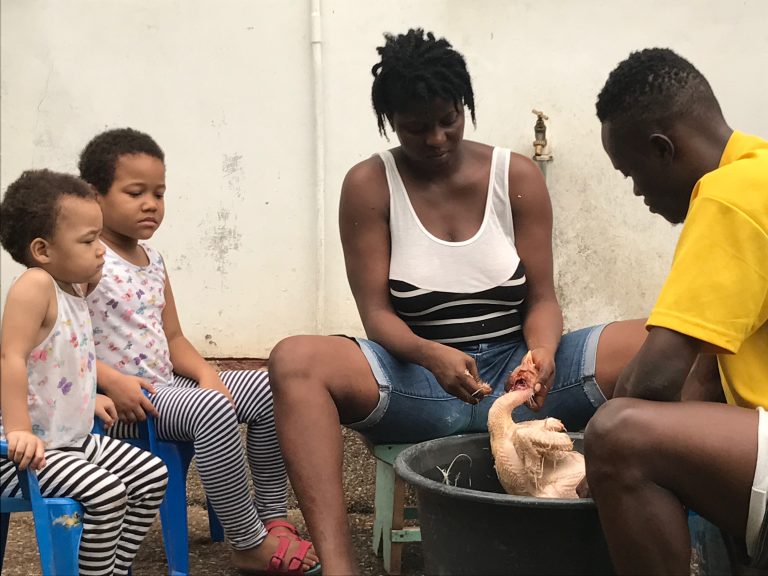
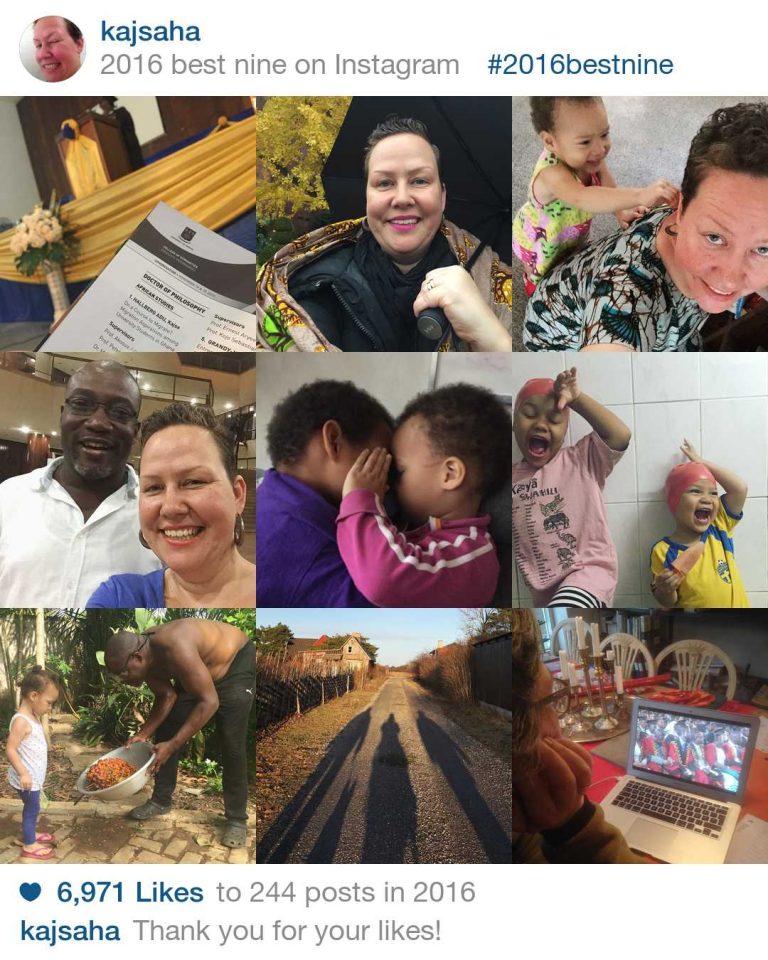
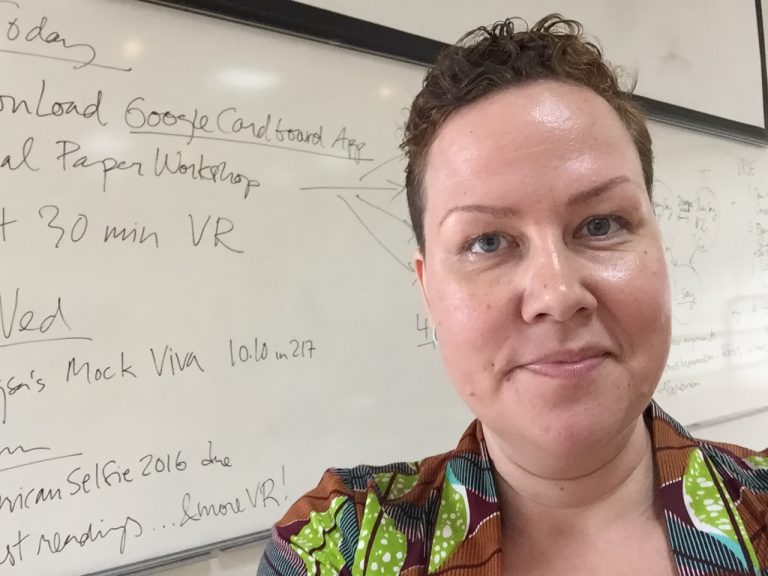 What a year!
What a year!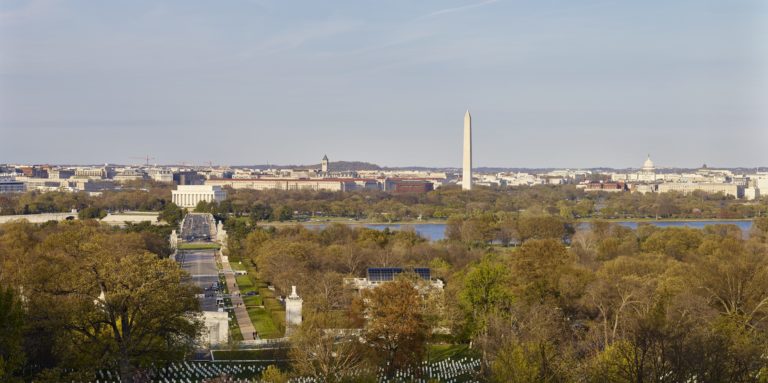
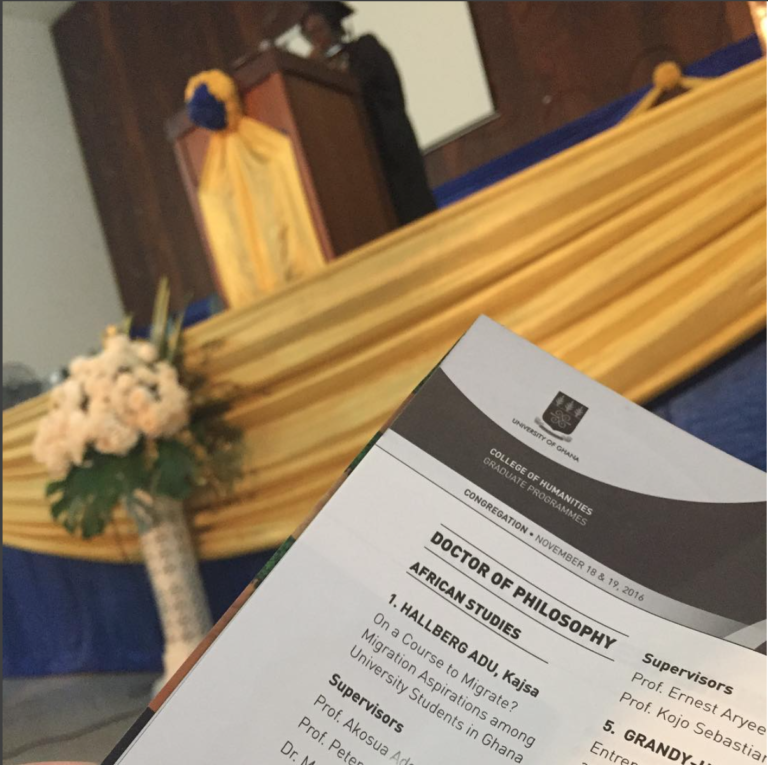
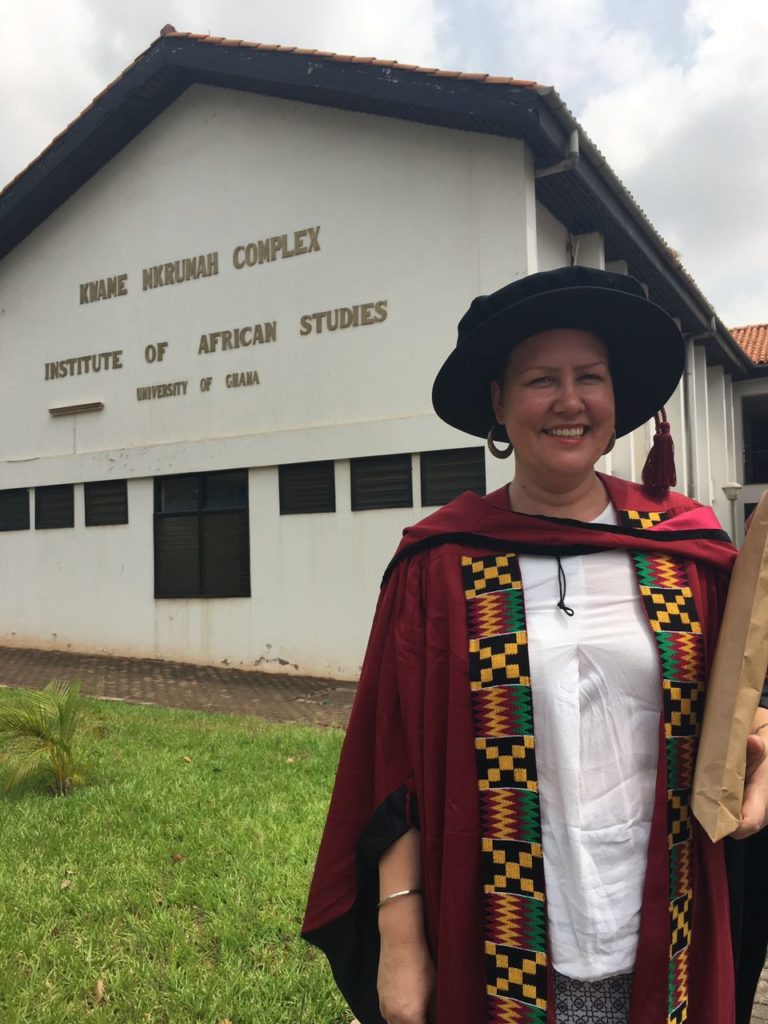 On Friday, I got my poofy hat which signifies that after five years of study, I have been awarded the degree of Doctor of Philosophy in African Studies. You have heard a lot about that already (and if you haven’t, its all here
On Friday, I got my poofy hat which signifies that after five years of study, I have been awarded the degree of Doctor of Philosophy in African Studies. You have heard a lot about that already (and if you haven’t, its all here 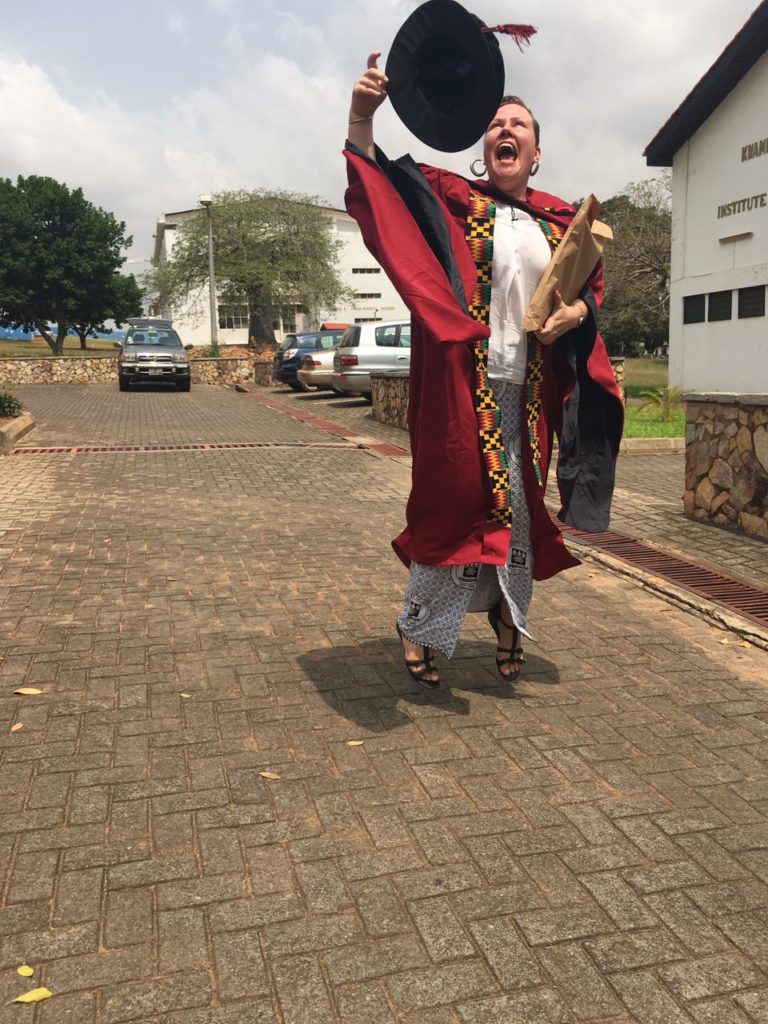
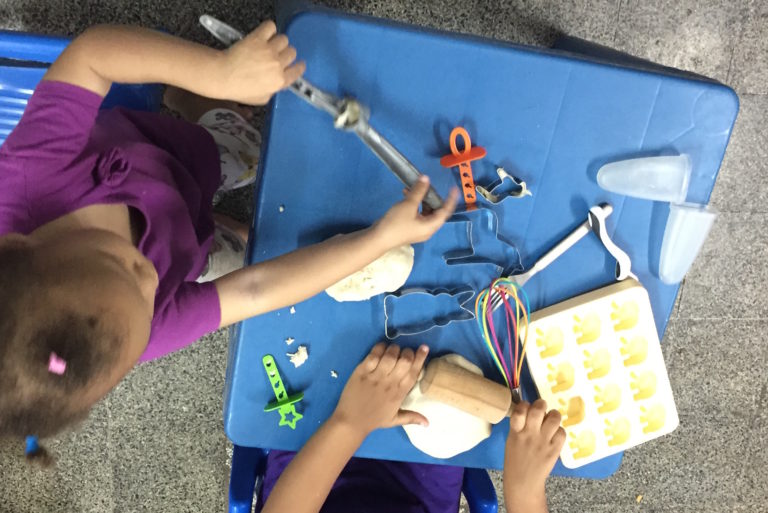
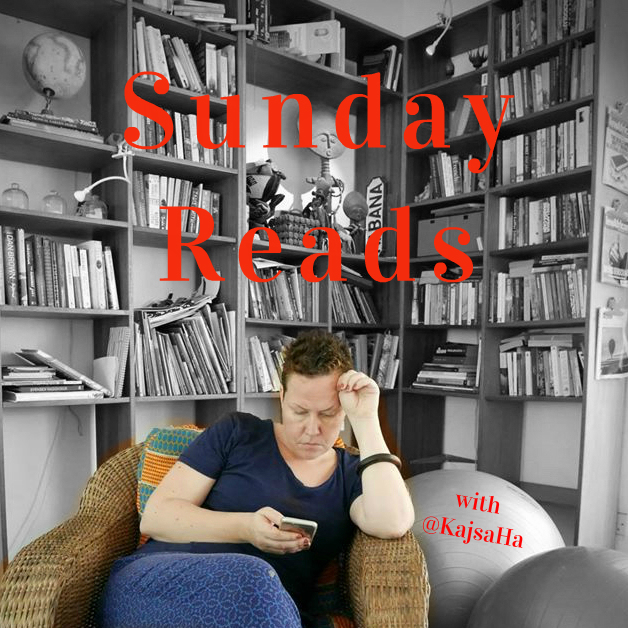 This week I read:
This week I read: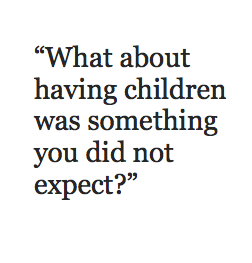
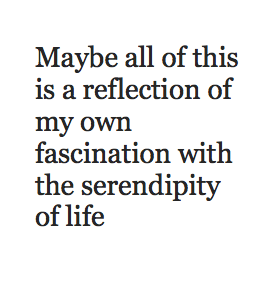 Maybe all of this is a reflection of my own fascination with the serendipity of life and the magic that mysteriously brings us our little ones, but then still it blows my mind that my child is in a sense just like me! At the age of five!
Maybe all of this is a reflection of my own fascination with the serendipity of life and the magic that mysteriously brings us our little ones, but then still it blows my mind that my child is in a sense just like me! At the age of five!